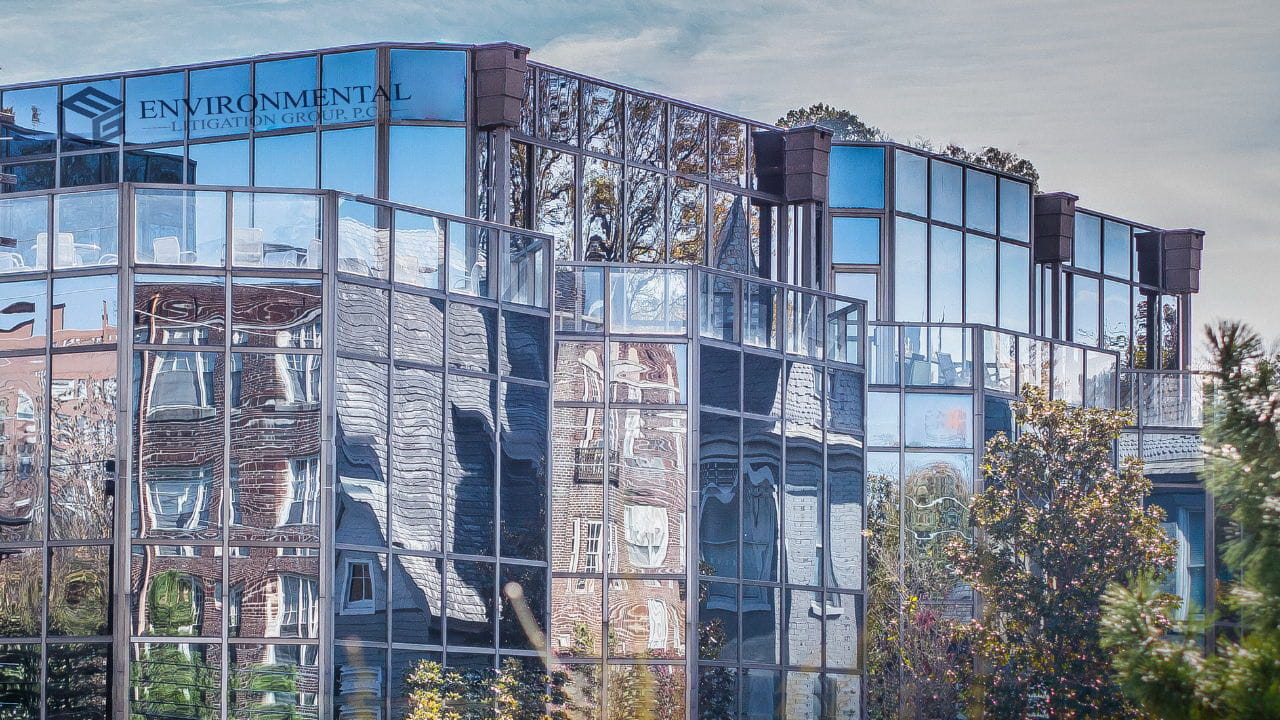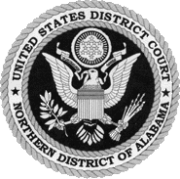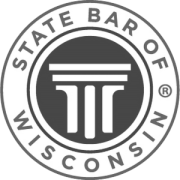We will treat you with honesty, transparency and "no false expectations" policy
WHY CHOOSE US

We are naturally inclined to help individuals and their immediate family members, no matter how challenging or time-consuming a case may be. What we all have in common is the motivation to work hard to expedite your claim so you can receive compensation as soon as possible. This is our calling, to be compassionate and caring and to do our best. We promise you:
We provide legal assistance to toxic exposure victims nationwide. We are experienced not only in legal matters, but we have a scientific background as well in industrial hygiene. We are willing to go the extra mile because your case is personal to us.
At Environmental Litigation Group, P.C., we believe giving back to our community is extremely important. We are highly aware of those suffering and those who struggle with diseases, cancers and we know first hand what their families go through. For the past 30 years, we have been actively supporting the progress of cancer treatment by donating to multiple cancer research centers, sponsoring non-profit organizations and awarding scholarships.
Giving Back













